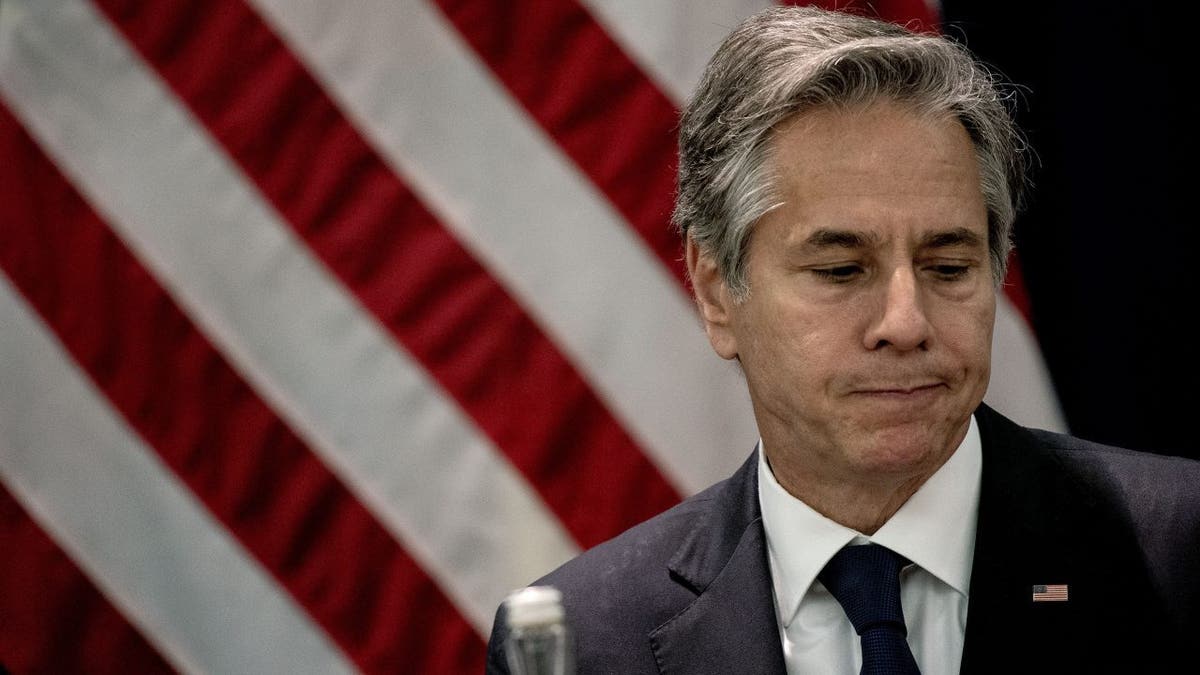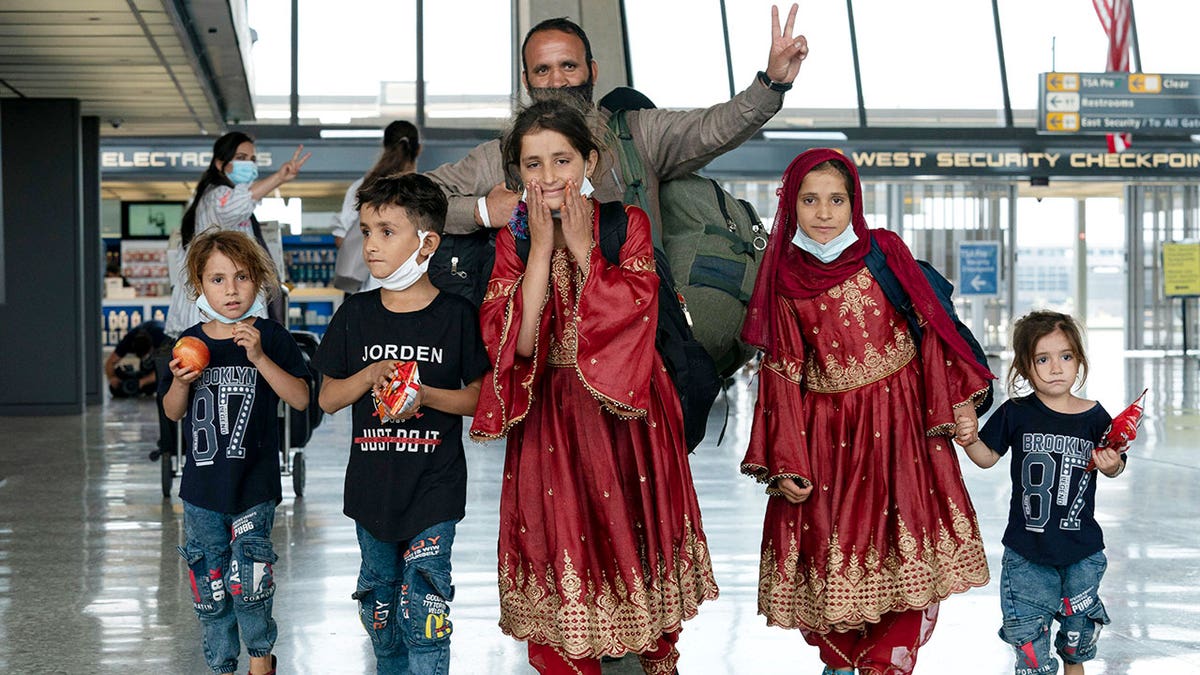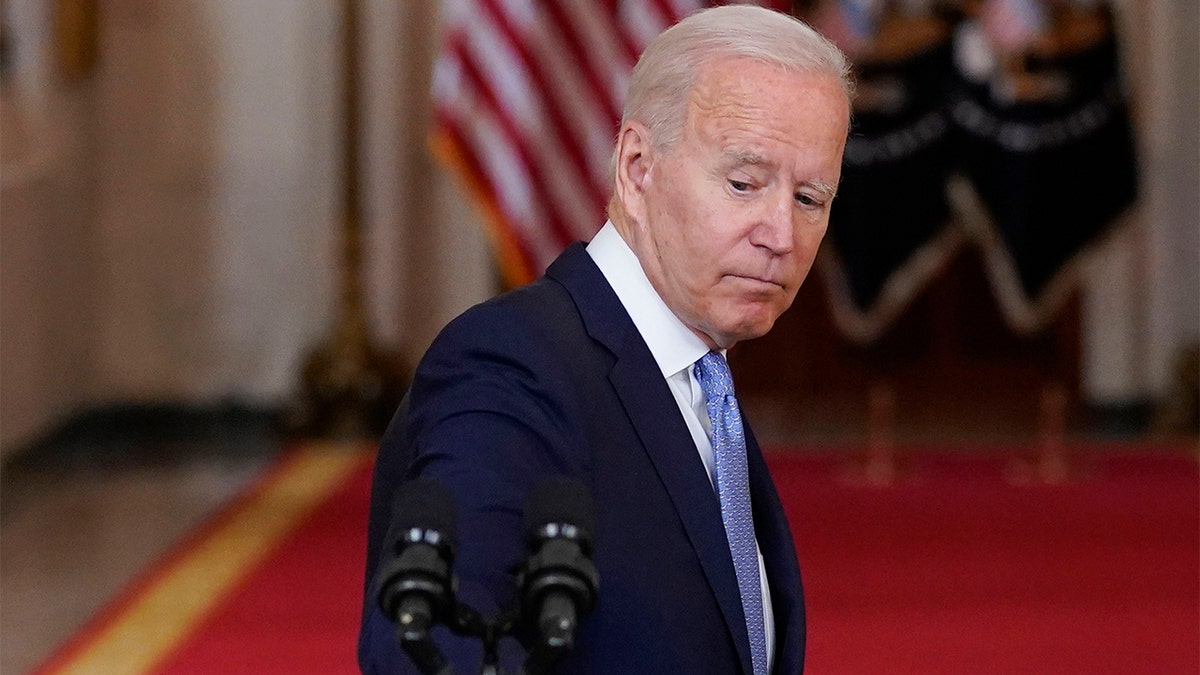Jennifer Griffin reports on 73% Afghanistan vets feeling betrayed after pullout
Fox News Chief National Security correspondent Jennifer Griffin says Afghanistan vets have been struggling with mental health post withdrawal according to the Brookings Institution on 'Special Report with Bret Baier.'
Tens of thousands of Afghans who are trying to get to America under a special visa program for U.S. allies – and hundreds of thousands of their family members – are stuck in a State Department backlog that is getting worse 14 months after the chaotic U.S. withdrawal from Afghanistan.
President Biden pledged to rescue Afghan interpreters and others who worked with the U.S. during the 20-year occupation in Afghanistan, and said in July 2021 that America would "continue to fulfill our promise" to those who "served shoulder-to-shoulder" with U.S. troops.
But a report from the State Department’s Office of Inspector General (OIG) says Afghans who are trying to apply for the Special Immigrant Visa (SIV) that would get them to the U.S. are still stuck in bureaucratic red tape. The State Department is so far behind that hundreds of thousands of emails have not even been opened yet, according to the report.

Secretary of State Antony Blinken is overseeing a visa program for Afghan allies that is failing to move fast enough to keep up with demand. (Stefani Reynolds/Pool Photo via AP)
"By May 2022, there was a backlog of 61,888 principal Afghan SIV applicants in process with an additional 325,000 unopened emails in the SIV application email inbox," the report said. It added that in May of this year, staff were "still opening unread emails dated from August 2021."
In response to the OIG report, State said that by the end of August it had cut the number of unopened emails to 140,175, "almost half the May 2022 figure."
Some of those opened emails are still mired in the application process. OIG found that the backlog of SIV applicants grew dramatically in the eight months ending in May 2022. The 61,888 backlog of principal applicants is up dramatically from 27,000 in October 2021, just weeks after the hasty U.S. withdrawal from Afghanistan that left 13 U.S. service members dead.

Families evacuated from Kabul, Afghanistan, walk through the terminal after arriving at Washington Dulles International Airport, in Chantilly, Virginia, in 2021. (AP Photo/Jose Luis Magana, File)
The report added that nearly 260,000 eligible family members of those applicants are also still waiting for SIVs.
"The principal application backlog has been increasing consistently since at least October 2021," the OIG said.
The report found that while Congress set a goal of completing the SIV application process in nine months, it is routinely taking much longer than that to process Afghan allies. "Processing times for Afghan SIV applicants have consistently exceeded guidelines, with applications stalled at various stages of the process," the OIG said.
HAWLEY TO INTRODUCE BILL TO CREATE SELECT COMMITTEE INVESTIGATING AFGHANISTAN WITHDRAWAL

President Joe Biden pledged to help Afghans who stood "shoulder-to-shoulder" with U.S. troops. (AP Photo/Evan Vucci)
A State Department official told Fox News Digital that 18,000 SIVs have been granted to Afghans and their family members under the Biden administration, and about 9,200 of those were approved since the U.S. left Afghanistan in August 2021.
"Since taking office, at the President’s direction, we have undertaken substantial efforts to improve the Afghan Special Immigrant Visa Program, make it more efficient, and process SIVs more expeditiously while continuing to safeguard our national security," the official said.
CLICK HERE TO GET THE FOX NEWS APP
The OIG report made a series of recommendations on how to improve the process, all of which were rejected at least partly by the State Department. For example, OIG recommended a new staffing plan to reduce the SIV backlog to meet the congressional goal of completing SIV applications in nine months.
State rejected that idea and said this recommendation is based on an incorrect assertion that Congress requires applications to be done in nine months, when it instead is a "target timeframe."






















